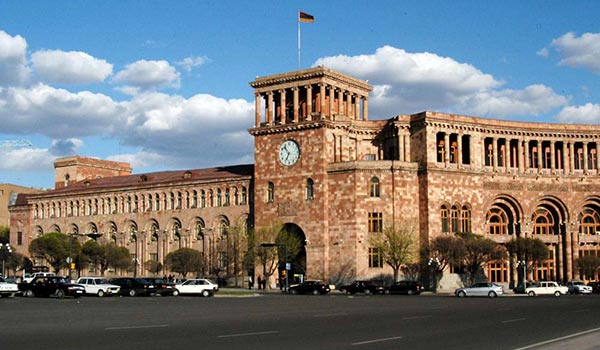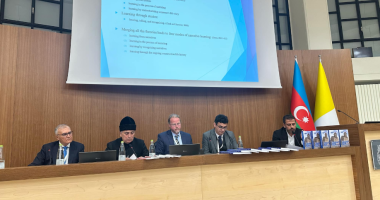YEREVAN — The draft Electoral Code of Armenia was submitted for the government’s approval. The project is included in the agenda of the government’s March 3 session.
The text of the new draft law appeared on the government’s website on Wednesday despite calls from Western governments and international organizations for an inclusive process and pledges by members of the Armenian government to ensure a broad-based effort, the changes in the law were drafted without the participation of representatives of the opposition or members of the civil society
Representatives of the Armenian opposition were quick to accuse the government of ignoring their opinions in drafting the legislation ahead of next year’s parliamentary elections that will be held in conditions of the amended Constitution.
The main demands of Armenia’s opposition parties appear to have been disregarded in the published draft. They had demanded that lists of voters who take part in the polls be published after elections and other anti-fraud safeguards like electoral ink be applied. Meanwhile, the draft electoral code does not address these concerns.
The document that was submitted to the Venice Commission, a Council of Europe body of experts advising governments on legal reforms, only suggests drawing up overall voter lists also in an electronic format.
Armenian officials argue that post-election publication of the names of voters who go to the polls violates the principle of secret ballot. Opposition leaders dismiss this reasoning, insisting that the measure will practically preclude multiple voting by government loyalists, one of the most frequent forms of electoral fraud in the country.
The government-drafted legislation also suggests registering and identifying eligible voters through an electronic system to preclude attempts of multiple voting. It also suggests establishing 13 electoral districts instead of the current 41, with four of them located in capital Yerevan where about one third of the country’s population lives.
The next National Assembly will have at least 101 members. Each political party or bloc participating in legislative elections shall submit two lists of candidates – one for the nationwide elections and one for elections in districts. If as a result of the vote no political party or bloc can win 53 seats in the parliament, the forces are enabled to have consultations to form coalitions in order to secure a “stable majority” in the legislature. This coalition will also need to have a consensual decision on the next prime minister. Otherwise, a second round of voting will be held, with the top two political parties or blocs having a runoff.
The draft electoral code also suggests a number of changes concerning the voting procedure. In particular, no more than eight local observers and media representatives will be allowed to be present at a polling station at a time. The new draft does not envisage the right of diplomatic and consular missions accredited to Armenia to conduct an observation mission, something that the current electoral code does. While under the current laws observers and proxies can be removed from a polling precinct only by means of detention or arrest, then in the draft code it is proposed that the commission head can also make such a decision if he or she finds that an observer or a proxy violates the requirements of the electoral code.
A government spokeswoman said earlier on Wednesday that the posted version of the draft was different from the one submitted to the Venice Commission and reflected the proposals submitted by different stakeholders.










